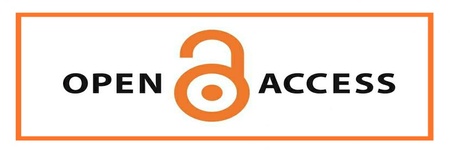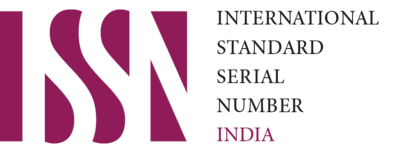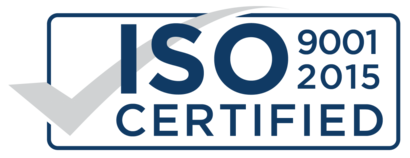REVIVING YOGA EDUCATION IN 21ST CENTURY: AN IYENGAR PERSPECTIVE
Abstract
Yoga is an Indian practice dating back to thousands of years. It involves both the physical and the spiritual realms of an. Yoga uses breathing methods, exercise and meditation. It promises to make both better health and happiness for the people. Yoga is the practice of bringing an end to mental manipulation. According to a popular quote, "Yoga is not a religion, it is a way of life that is aimed at having a healthy mind and a healthy body". The sole objective of education is to ensure that a complete integrated personality is developed which can only be achieved by practicing yoga. In the modern technocratic, realistic and materialistic world, children are growing without proper values, social and interpersonal skills. In this context providing a clear understanding of yoga to pupils as well as its use as a valuable resource for society is extremely important. Integrating yoga into the school curriculum is necessary in order to provide a complete picture of the practice. For this a teacher must be equipped with yoga philosophy, practices and curative and therapeutic values. This will then be expanded to include students. Iyengar Yoga is the most significant modern art form that aspires to develop a healthy mind within a healthy body. For this reason, it is regarded as the balancing system that revitalizes the body, mind and spirit.
Bellur Krishnamacharya Sundararaja Iyengar's yoga philosophy places a greater emphasis on the alignment of the body and mind, and the overall goal of education is holistic development. Consequently, Iyengar yoga is extremely important for a child's growth in the context of education. In this paper, an overview of B K S Iyengar's life and contributions to yoga education in the context of 21st century will be explored.
Downloads
Downloads
Published
How to Cite
Issue
Section
License
Copyright (c) 2023 Sk Amiruddin

This work is licensed under a Creative Commons Attribution-NonCommercial 4.0 International License.








